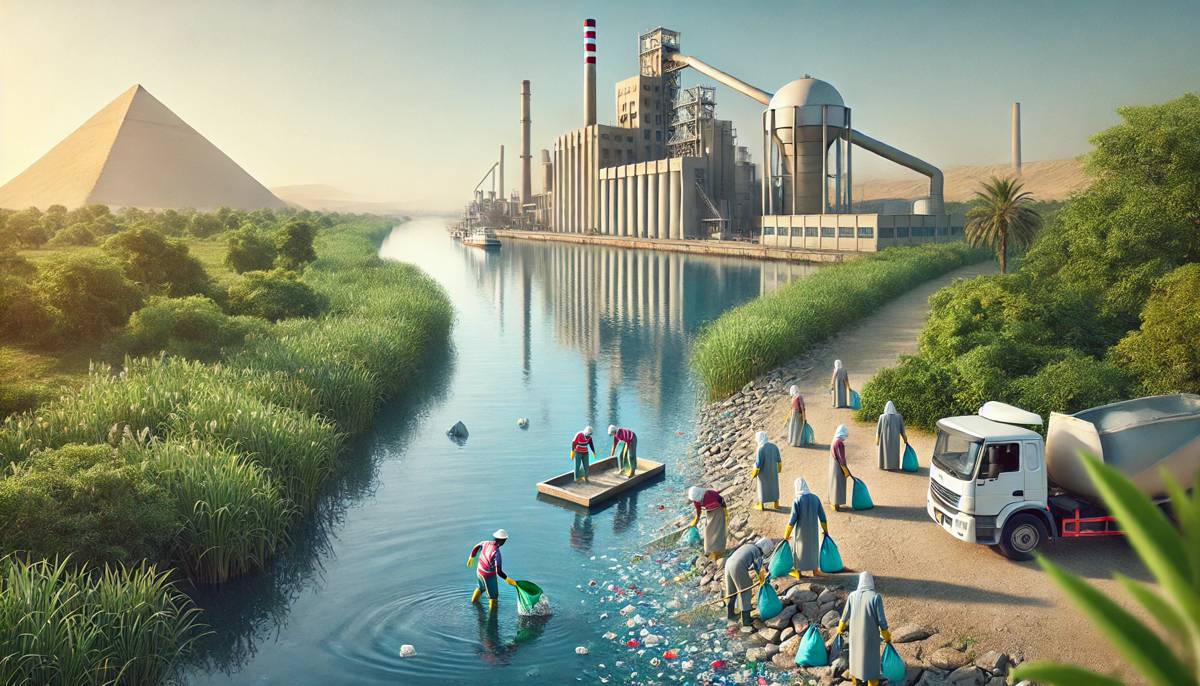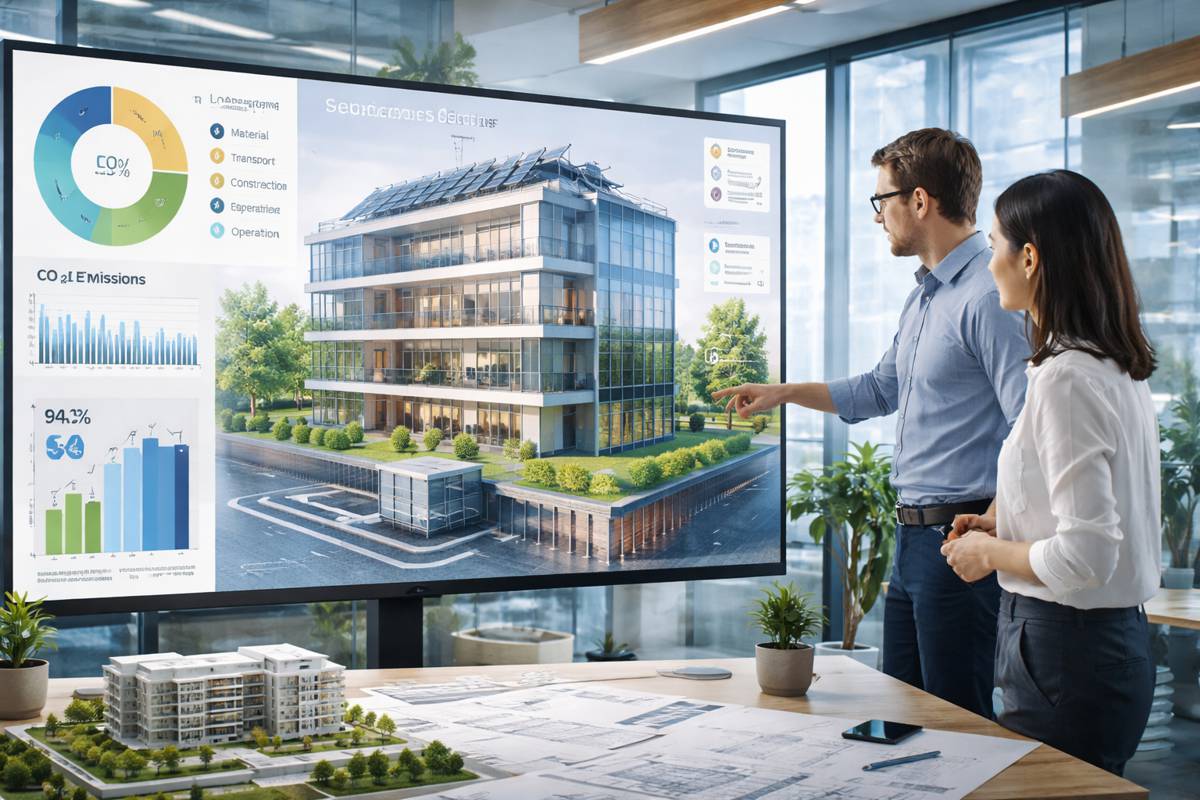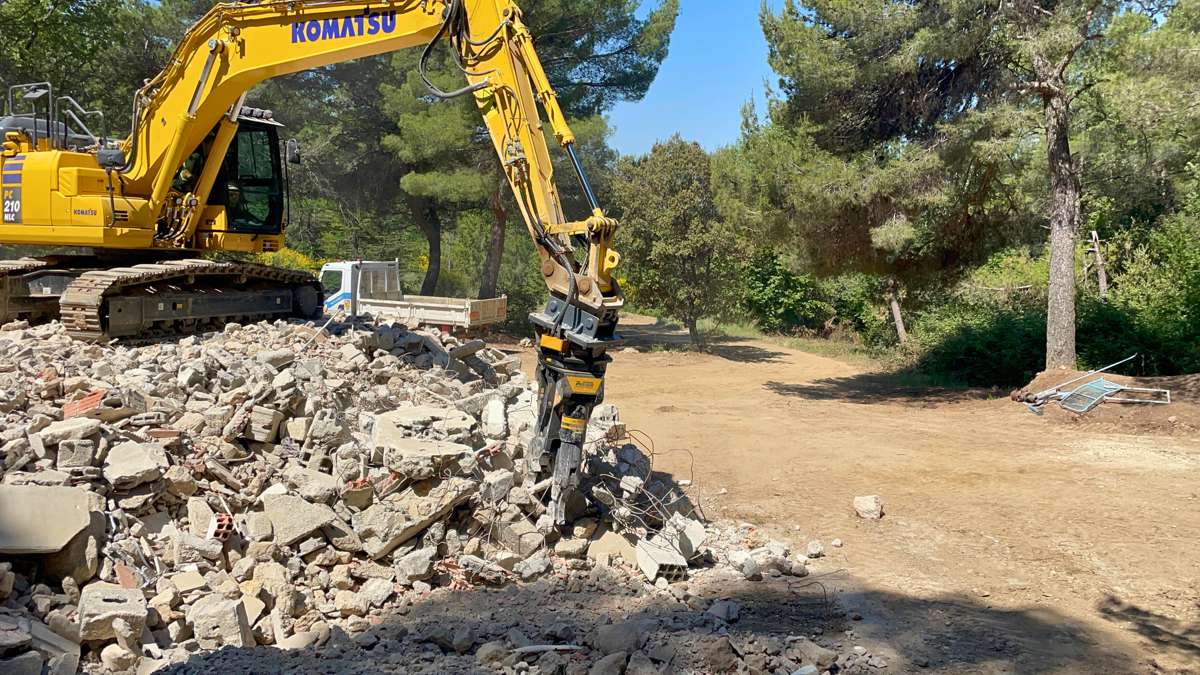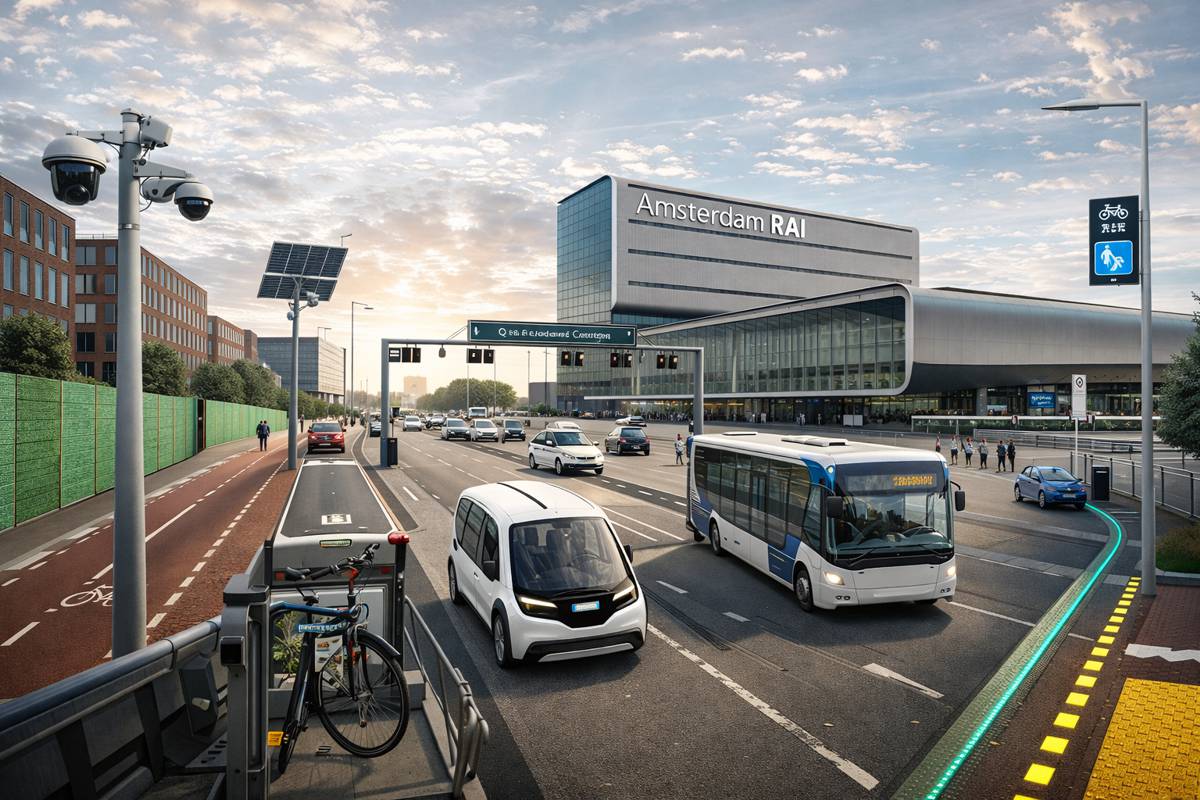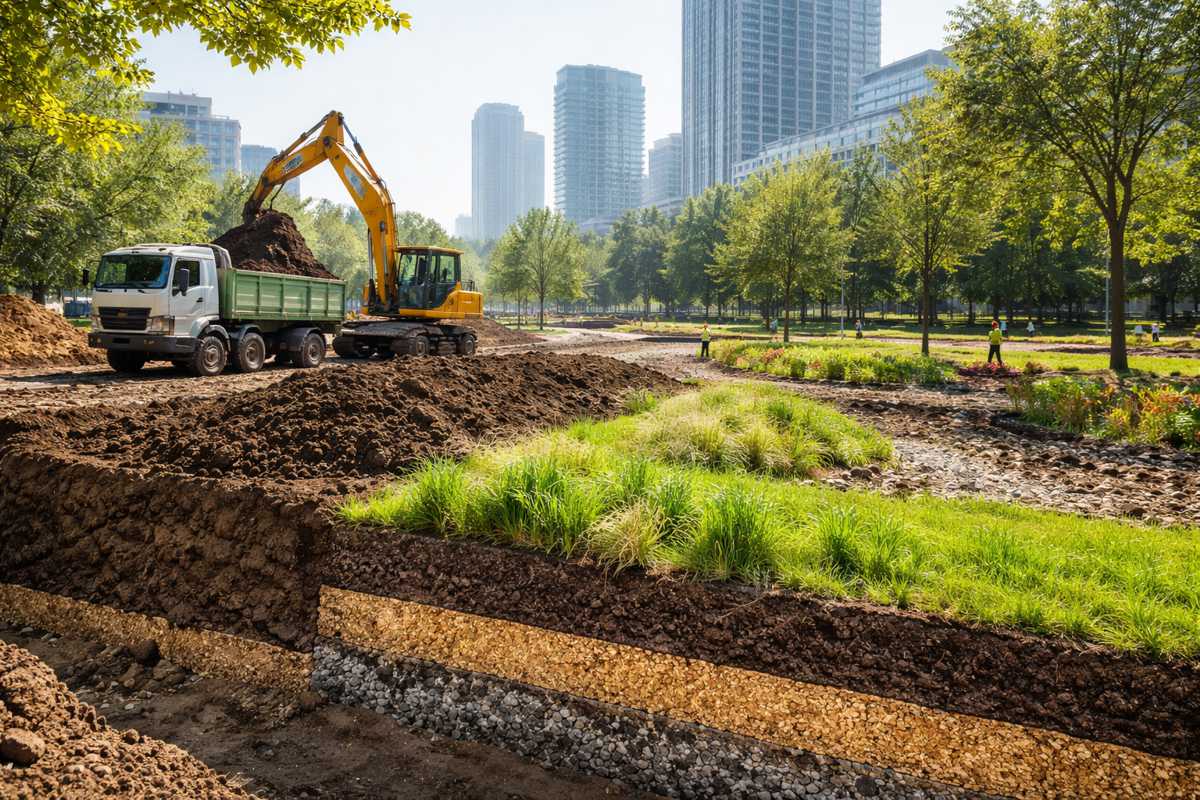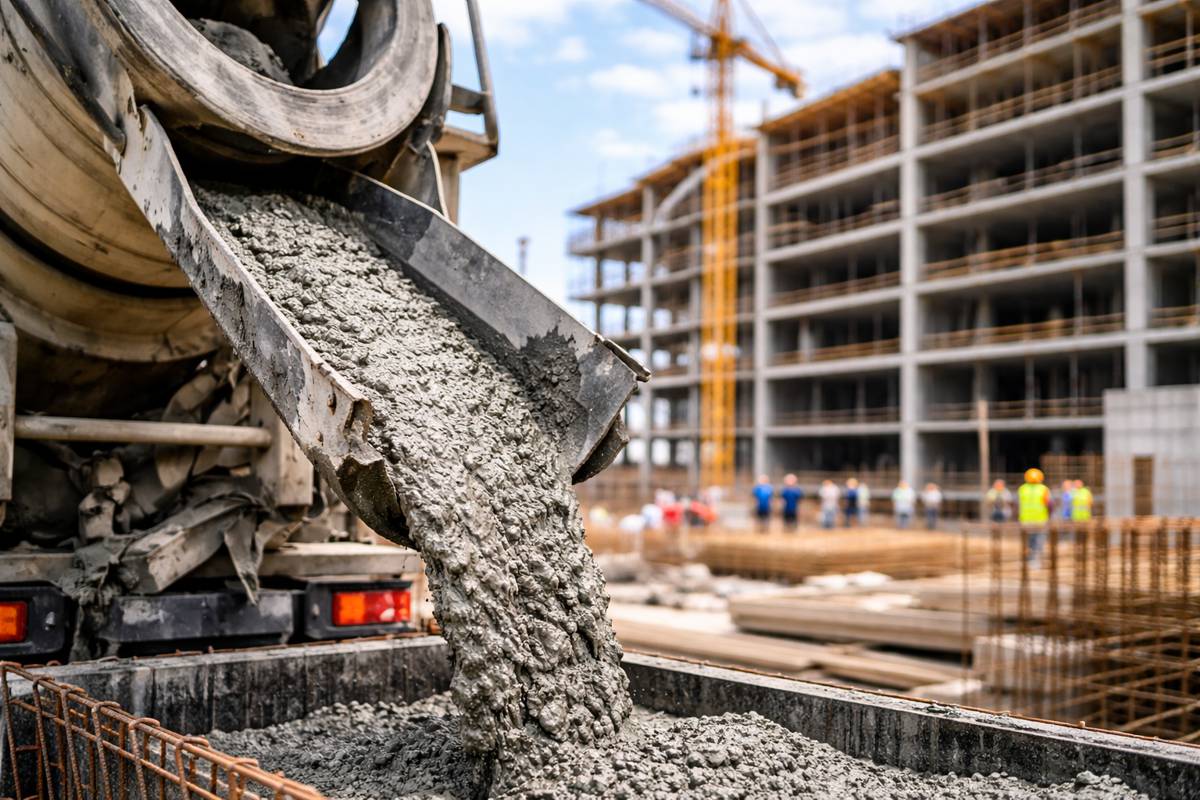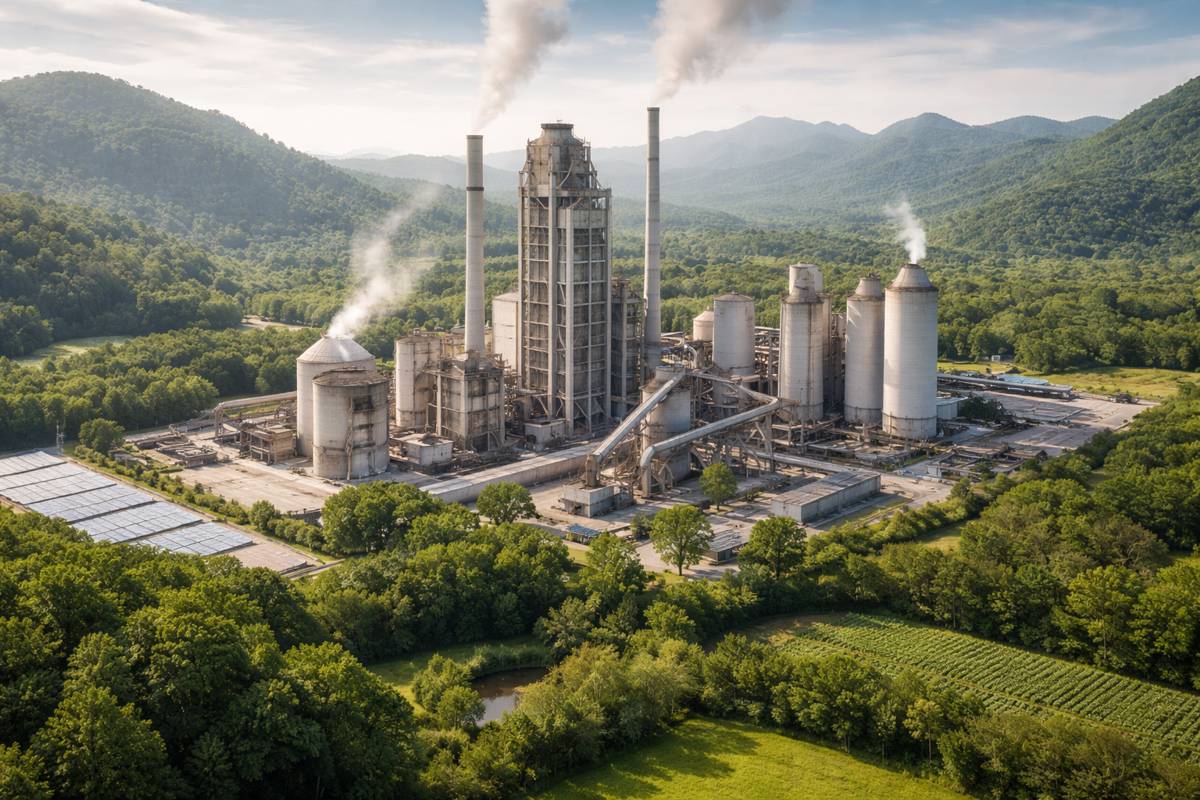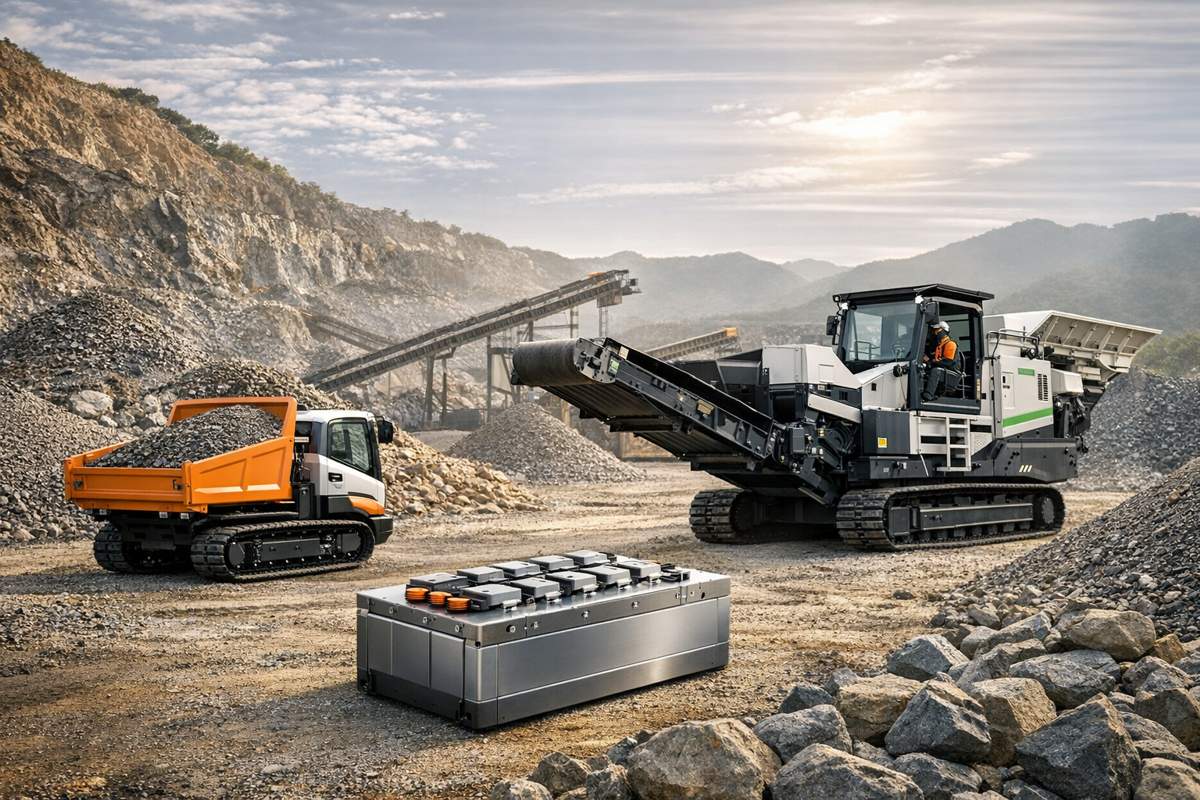Cemex’s VeryNile initiative setting Global Sustainability Standards
In an era where businesses are increasingly expected to balance profit with purpose, Cemex has once again proven it’s ahead of the curve.
The global construction materials giant has been recognised for the fourth time by Fortune magazine’s prestigious “Change the World” list. Cemex, known for its forward-thinking approach to sustainability, ranked 24th out of 52 companies this year, marking a significant achievement for its ground-breaking efforts.
At the heart of this recognition is Cemex’s collaboration with the VeryNile initiative in Egypt—an innovative project tackling both environmental degradation and social inequality. But what makes this initiative stand out? How is Cemex balancing its commercial goals with environmental and social responsibility? Let’s dive into the company’s journey towards global impact and uncover why they continue to earn accolades for changing the world.
A Purpose-Driven Approach
Cemex’s business model is an exemplary case of how commercial success can be achieved hand-in-hand with positive social impact. Since 2015, the multinational company has consistently landed a spot on Fortune’s Change the World list, an annual ranking that highlights corporations that are doing well by doing good. It’s not just about financial performance—it’s about the measurable difference these companies make in communities around the world.
This year, Cemex’s work with the VeryNile project has earned them a special place in the spotlight. Focused on cleaning up the Nile River in Egypt, VeryNile is a collaboration between Cemex, the Ministry of the Environment, and local NGOs. The initiative is dedicated to removing plastic and other inorganic waste from the Nile, upcycling materials, and using non-recyclable waste as alternative fuel at Cemex’s Assiut cement plant.
The benefits of this initiative stretch beyond environmental clean-up. VeryNile provides stable employment for local fishermen and women who have seen their livelihoods affected by pollution in the Nile. This approach aligns perfectly with Cemex’s broader social impact strategy, which centres around building resilient communities, supporting local economies, and empowering individuals through sustainable employment.
Transforming Waste into Opportunity
The VeryNile initiative isn’t just about cleaning up one of the world’s most iconic rivers—it’s about creating long-term, sustainable change. Plastics collected from the Nile are upcycled into reusable materials, reducing the burden on landfills and decreasing environmental pollution. Meanwhile, non-recyclable waste finds a second life as alternative fuel in Cemex’s local operations, reducing the demand for fossil fuels and lowering greenhouse gas emissions.
This circular economy approach has proven invaluable to the region. Cemex’s Assiut cement plant, which uses this waste as a fuel source, is a prime example of how industrial processes can be adapted to benefit both the environment and local communities. The project has created 150 alternative jobs, giving local fishermen and women a new way to earn an income, while also addressing the severe pollution in the river.
“We are once again honoured by Fortune’s recognition of our sustainable business model, which aligns environmental conservation with social empowerment,” said Fernando A. González, CEO of Cemex. “The VeryNile initiative exemplifies how companies can collaborate with NGOs and society to change the world for the better.”
A History of Innovation and Impact
This isn’t Cemex’s first foray into meaningful social impact. The company has a long track record of using its expertise in construction materials to address urgent global challenges. For instance, in 2020, Cemex was recognised by Fortune for its efforts during the COVID-19 pandemic, when the company swiftly built mobile hospitals using antibacterial concrete modules. These facilities were deployed in record time, providing much-needed healthcare infrastructure during an unprecedented global crisis.
In 2017, Cemex’s “Our Growing Platform” initiative earned accolades for addressing housing inequality in vulnerable communities. The project sought to bridge the gap between housing demand and affordability by offering low-income families access to building materials, microfinancing, and technical advice. By empowering individuals to build their own homes, Cemex made a lasting impact on the lives of thousands.
Going back even further, in 2015, Cemex’s “Patrimonio Hoy” programme gained international recognition for providing low-income families with access to housing materials and financial support.
This ground-breaking initiative helped families across Latin America secure safe, affordable housing while simultaneously boosting the local economy.
The 2024 Fortune Change the World List
Each year, Fortune evaluates hundreds of companies to determine which ones are truly making a difference. The 2024 list is no exception, with businesses from across the globe being recognised for their efforts to tackle social, environmental, and economic challenges. Companies on the list are clustered into four key categories: environmental impact, economic opportunity, public health, and human rights. This year’s list includes:
- 30 companies from North America
- 12 from Europe
- 8 from Asia and Australia
- 1 from Africa
- 1 from South America
Cemex’s placement in the environmental impact category is a testament to its ongoing commitment to sustainability. The company has long been at the forefront of innovation in this area, from pioneering the use of alternative fuels in its cement production to launching initiatives like VeryNile, which directly address environmental degradation.
Building a Better Future
Cemex’s social impact strategy is deeply rooted in the company’s mission to build a better future. As a global leader in construction materials, Cemex is uniquely positioned to drive sustainability in the built environment. The company has committed to achieving carbon neutrality by 2050 and is investing heavily in research and development to create low-carbon construction solutions.
Cemex is also a leader in the circular economy, using waste materials and by-products in its operations to reduce its environmental footprint. The company’s efforts to increase the use of alternative raw materials and fuels have been recognised worldwide, helping to reshape the construction industry for a greener future.
Through initiatives like VeryNile, Cemex demonstrates how a multinational corporation can integrate sustainability into every aspect of its business model. By partnering with local stakeholders, NGOs, and governments, the company is proving that positive social and environmental impact doesn’t have to come at the expense of profitability.
Building Communities, Changing Lives
At its core, Cemex’s impact is about more than just numbers and rankings. It’s about real people, real communities, and real change. From empowering fishermen and women in Egypt to providing low-income families with access to affordable housing, Cemex’s work is making a tangible difference in the lives of people around the world.
As more companies look to balance business success with social responsibility, Cemex stands as a shining example of what can be achieved. By leveraging its industry expertise, global reach, and commitment to sustainability, the company is helping to build a better, more equitable world—one community at a time.
A Brighter Future Ahead
As Cemex continues to innovate and push the boundaries of what’s possible in the construction industry, one thing is clear: their impact is only growing.
Whether through initiatives like VeryNile, their work in sustainable building materials, or their commitment to reducing carbon emissions, Cemex is paving the way for a more sustainable and socially responsible future.
